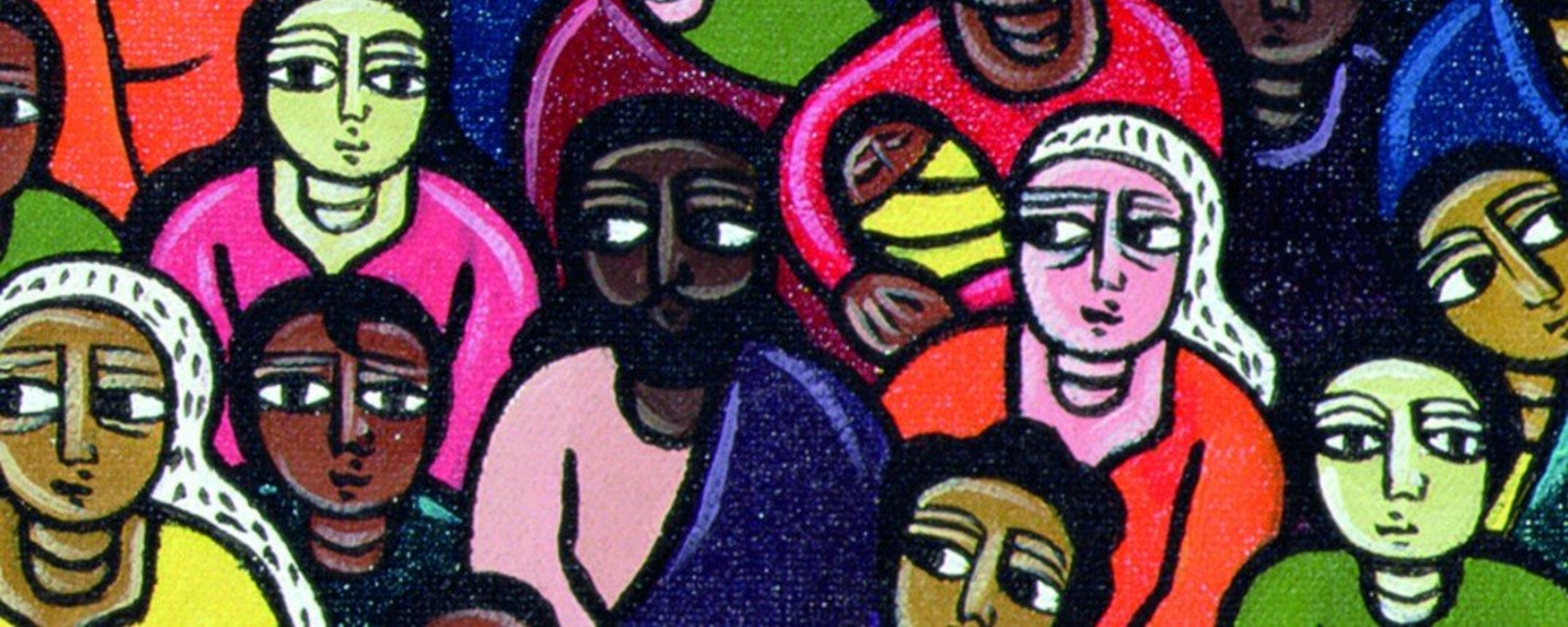MLing Master of Linguistics
in Master of Linguistics
- Duration 3–4
trimesters - Intensity Full time or part time
Fees - Schedule Seminars and self-directed research
- Type Coursework and research
- Location Wellington campuses
- Complete 180 points (5–6
courses ) - Entry Bachelor's degree (or equivalent) in Linguistics with at least a B average. You may also be required to demonstrate your proficiency in English.






